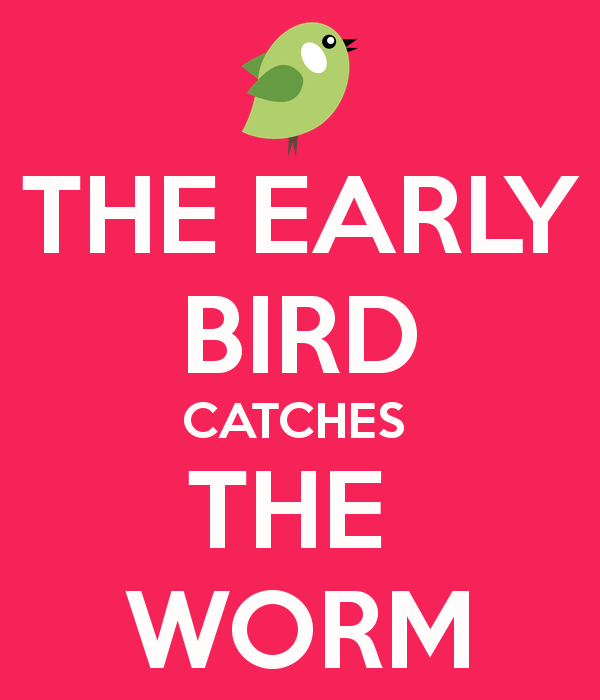

Some stood guard at night slept during the morning and some stood guard during the day and slept at night. Members of tribes had different sleep schedules. The History of Sleep: How Did Our Ancestors Sleep?Īncient Times: Two groups. National Highway Traffic Safety Administration suggests over half of drowsiness related accidents are not reported. 2009: 730 (2.4%) of 30,797 caused by drowsinessĤ430 total fatalities caused by drowsiness in that period = over 2 deaths a day.(2005-2009 5 year period Fatal Car Crashes) 8.6% – Trouble performing employed or volunteer work.10.5% – Trouble taking care of financial affairs.11.3% – Trouble driving or taking public transportation.~20% – Reported they did not wake up feeling refreshed on any of past 7 days.23.2% – Trouble concentrating on things.~25% – Estimated percentage of population with sleep or wakefulness disorder.~35% – Report sleep quality as “poor” or “fair” despite sleeping recommended number of hours.~45% – Insufficient or poor sleep affected their activities at least once in past 7 days.Many studies show that morning people are more successful in their careers than evening people, while other research shows that night owls are more intelligent and creative and thus have the advantage over their early bird peers. Source: Does the Early Bird Really Get the Worm?įor decades we have asked the question: who is more successful, the early bird or the night owl? The research on the issue is highly polarized and often contradictory.


 0 kommentar(er)
0 kommentar(er)
